The bond between humans and horses dates back centuries, with these magnificent creatures playing pivotal roles in transportation, agriculture, and even warfare. However, one question that has sparked curiosity and debates among horse enthusiasts is: Can horses drink beer?
This seemingly harmless inquiry delves into the realms of animal behavior, physiology, and ethics. While the idea of sharing a cold brew with your equine companion might seem tempting or even humorous, it's crucial to separate fact from fiction and understand the potential implications.
In this comprehensive article, we'll embark on a journey to uncover the truth about giving beer to horses. We'll explore the potential risks, examine real-life scenarios, and provide insights from experts in the field. Brace yourself for a thought-provoking exploration of this intriguing topic.
The Allure of Sharing a Brew with Your Trusty Steed
There's something undeniably alluring about the idea of sharing a beer with your horse. Perhaps it stems from the romanticized notion of camaraderie between a rider and their noble companion. Or maybe it's the curiosity of witnessing a horse's reaction to the distinct aroma and taste of a cold, frothy beverage.
However, before indulging in such fantasies, it's crucial to consider the potential consequences. Just as humans can experience negative effects from excessive alcohol consumption, horses may also be susceptible to similar risks.
The Potential Risks of Giving Beer to Horses
Alcohol, the primary intoxicating component in beer, can have detrimental effects on horses' health and well-being. Here are some potential risks to consider:
- Digestive Issues: Horses have a delicate digestive system that is not equipped to handle alcohol. Consuming beer could lead to gastrointestinal distress, diarrhea, and potentially life-threatening conditions like colic.
- Neurological Impairment: Similar to humans, alcohol can impair a horse's cognitive abilities, coordination, and balance. This could result in dangerous situations, such as falls or accidents while riding or handling the animal.
- Dehydration: Alcohol is a diuretic, which means it can increase urine output and lead to dehydration. Dehydration in horses can quickly become a serious issue, especially during hot weather or strenuous activities.
- Liver Damage: Prolonged or excessive alcohol consumption can strain a horse's liver, potentially leading to liver disease or failure.
- Behavioral Changes: Alcohol can alter a horse's behavior, making them unpredictable, aggressive, or docile, depending on the individual animal's reaction.
It's important to note that these risks can vary depending on the amount of beer consumed, the horse's size, age, and overall health condition.
Real-Life Scenarios: When Good Intentions Go Awry
While the thought of sharing a beer with your horse might seem harmless, several real-life instances serve as cautionary tales. Here are a few examples:
- In a rural town, a group of friends decided to give their horses a few sips of beer as a "treat." However, the horses became disoriented and stumbled around, putting themselves and their riders at risk of injury.
- A well-meaning stable owner offered a few gulps of beer to a horse suffering from dehydration, unaware that alcohol can exacerbate dehydration and potentially lead to more severe complications.
- During a backyard party, a guest thought it would be amusing to let a horse drink from their beer can. The horse ended up consuming a significant amount of alcohol, leading to a visit from the veterinarian and a hefty medical bill.
These examples highlight the importance of exercising caution and seeking professional advice before introducing any foreign substances, including beer, to your equine companions.
Expert Insights: What the Professionals Have to Say
To shed light on this topic, we consulted with various experts in the equine industry, including veterinarians, nutritionists, and experienced horse trainers. Here's what they had to say:
"Giving beer or any alcoholic beverage to horses is strictly advised against," states Dr. Emily Thompson, a renowned equine veterinarian. "Horses have a unique digestive system that is not designed to process alcohol, and the risks far outweigh any perceived benefits."
Rachel Williams, an equine nutritionist, echoes this sentiment: "Horses should never consume alcohol, as it can disrupt their delicate physiological balance and lead to serious health issues. Their diet should consist of hay, grains, and fresh water – nothing more, nothing less."
Experienced horse trainer, Jack Roberts, offers a practical perspective: "While the idea of sharing a beer with your horse might seem harmless or even comical, it's important to remember that horses are sensitive creatures. Any deviation from their normal routine or diet can potentially cause stress and discomfort, which can impact their behavior and performance."
The Verdict: Is It Ever Okay to Give Horses Beer?
Based on the overwhelming evidence and expert advice, the answer is a resounding no. Giving beer or any alcoholic beverage to horses is strongly discouraged and should be avoided at all costs.
Horses are highly sensitive animals, and their well-being should be the top priority for any responsible owner or caretaker. While the idea of sharing a cold brew with your equine companion might seem amusing, the potential risks far outweigh any perceived benefits.
Instead of introducing foreign substances into their diet, focus on providing your horse with a balanced, nutritious diet consisting of hay, grains, and fresh water. Regular exercise, proper grooming, and a safe, comfortable environment are also essential for their overall health and happiness.
If you ever find yourself in a situation where your horse has accidentally consumed beer or any other alcoholic beverage, it's crucial to seek immediate veterinary attention. Prompt medical care can help mitigate the potential risks and ensure your horse's well-being.
Frequently Asked Questions
Q1: Can horses drink non-alcoholic beer? While non-alcoholic beer may seem like a safer alternative, it's still not recommended to give it to horses. Many non-alcoholic beers contain small amounts of alcohol, and the ingredients and flavorings used may still be harmful to a horse's delicate digestive system.
Q2: What should I do if my horse accidentally drinks beer or another alcoholic beverage? If your horse accidentally consumes beer or any other alcoholic beverage, it's crucial to seek immediate veterinary attention. Provide your veterinarian with as much information as possible, including the type and amount of alcohol consumed, and follow their instructions closely.
Q3: Can beer be used as a topical treatment for horses? No, beer should never be used as a topical treatment for horses. While some anecdotal reports suggest using beer for conditions like hoof ailments or skin issues, there is no scientific evidence to support its efficacy, and it may cause further harm or discomfort to the animal.
Q4: Is it safe to give horses other types of alcohol, like wine or liquor? No, it's not safe to give horses any type of alcoholic beverage, including wine, liquor, or any other form of alcohol. The risks associated with alcohol consumption in horses apply regardless of the specific type of alcoholic beverage.
Q5: Can horses get drunk from eating fermented grains or fruits? Yes, it's possible for horses to become intoxicated if they consume large quantities of fermented grains or fruits containing high levels of alcohol. This can occur if horses have access to spoiled or rotting feed or if they graze on fallen, fermented fruit in orchards or vineyards. If you suspect your horse has consumed fermented feed or fruit, seek veterinary attention immediately.
By understanding the potential risks and following expert advice, you can ensure the safety and well-being of your equine companions. Remember, horses are majestic creatures that deserve our utmost care and respect, and their health should always come first.


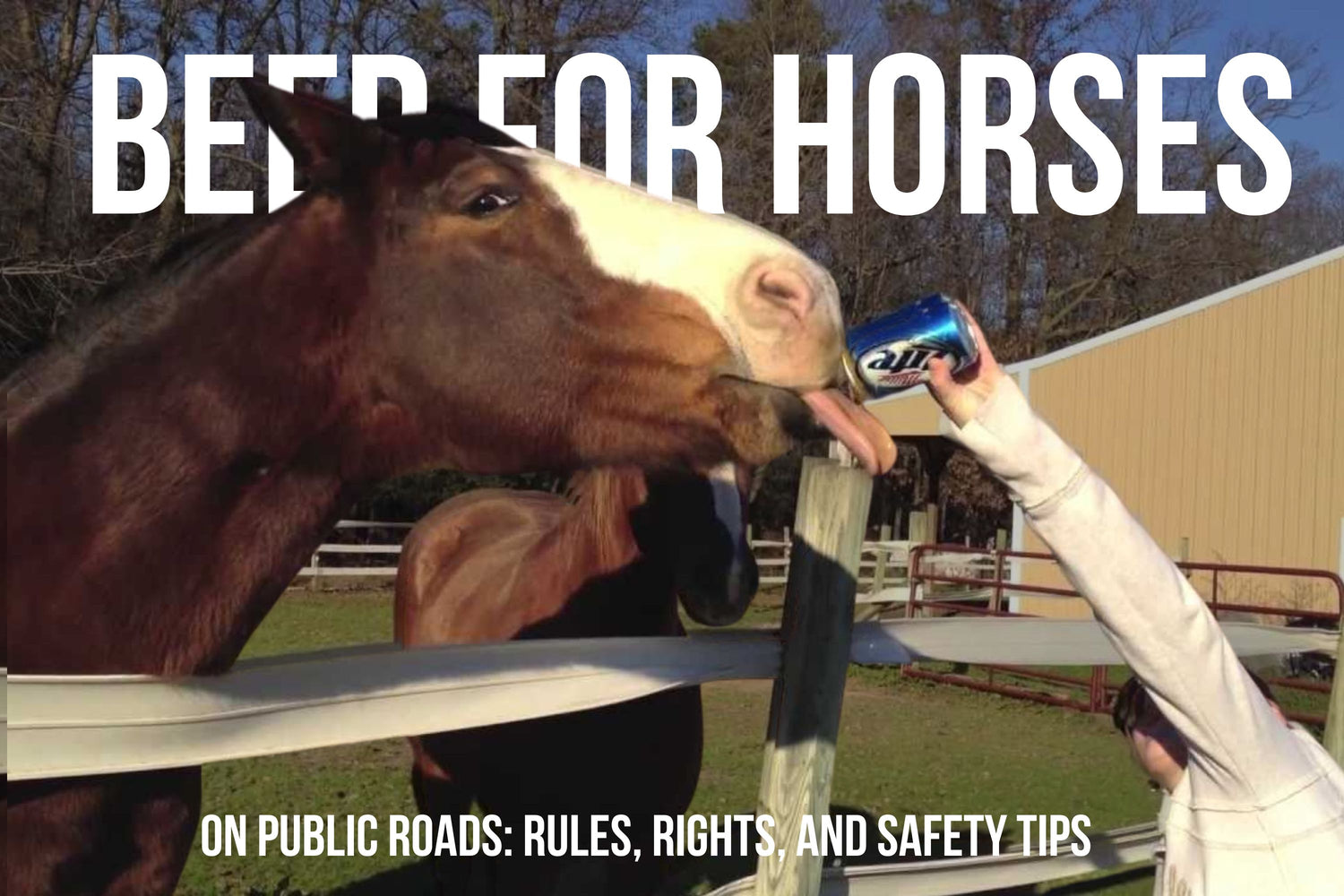

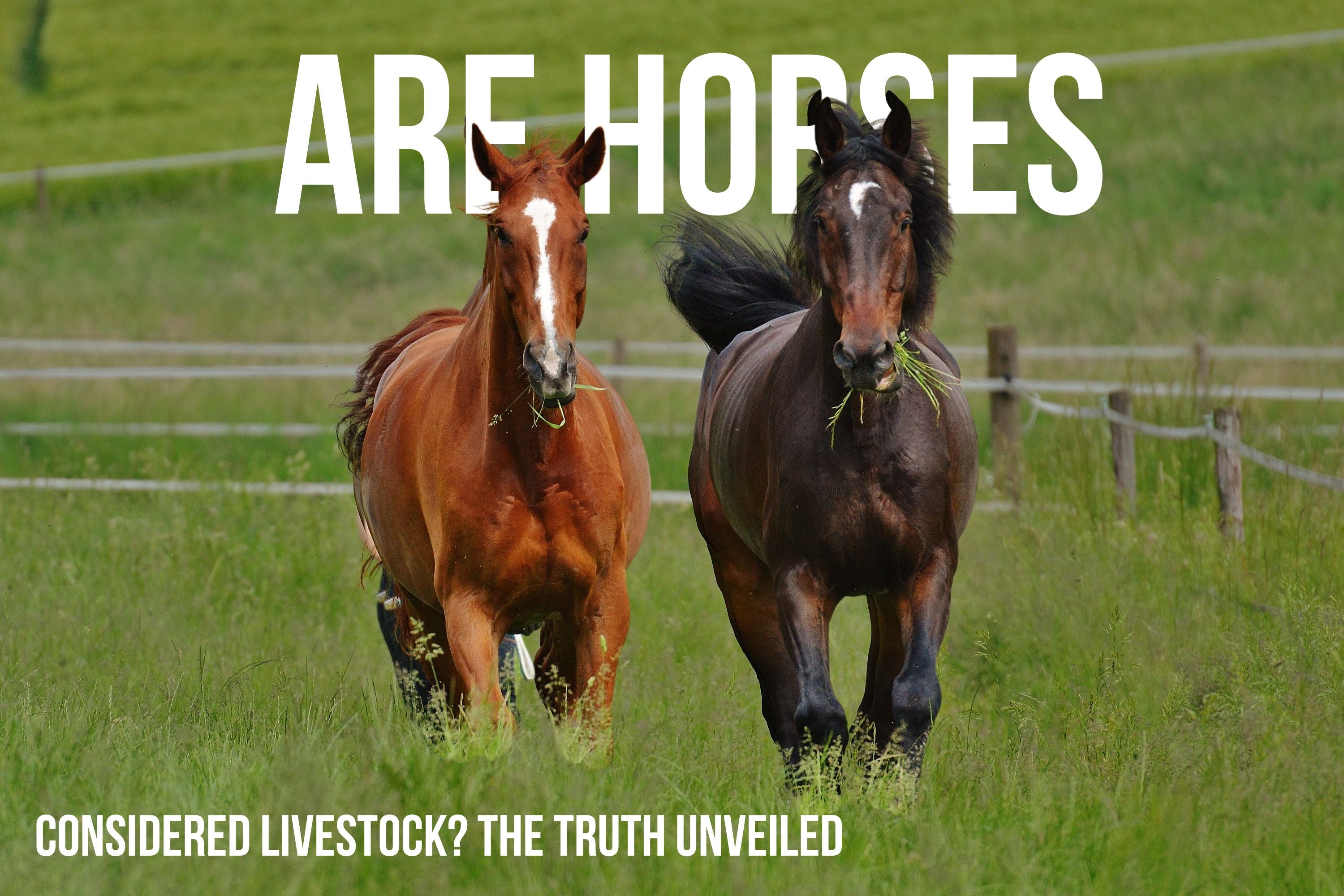
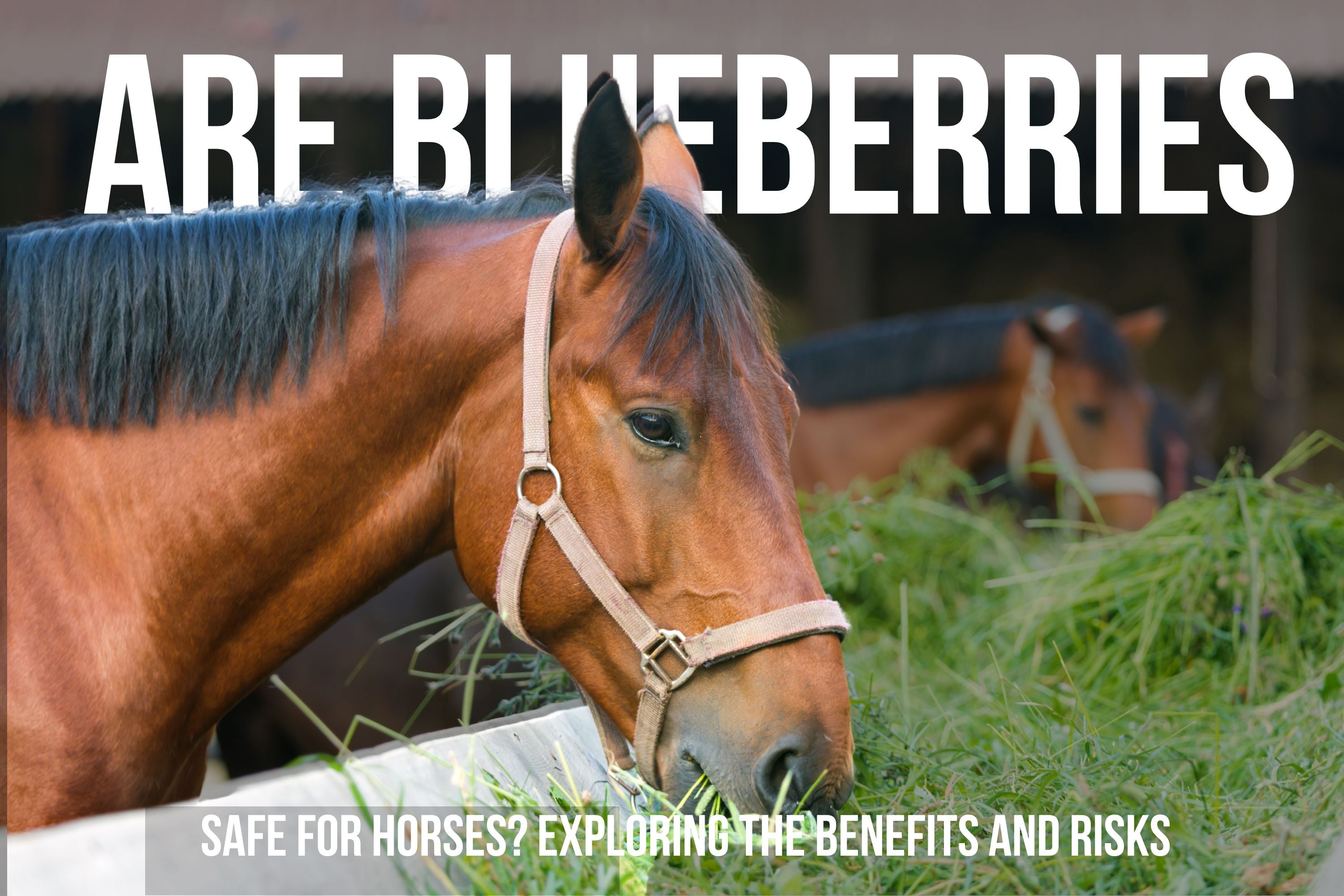
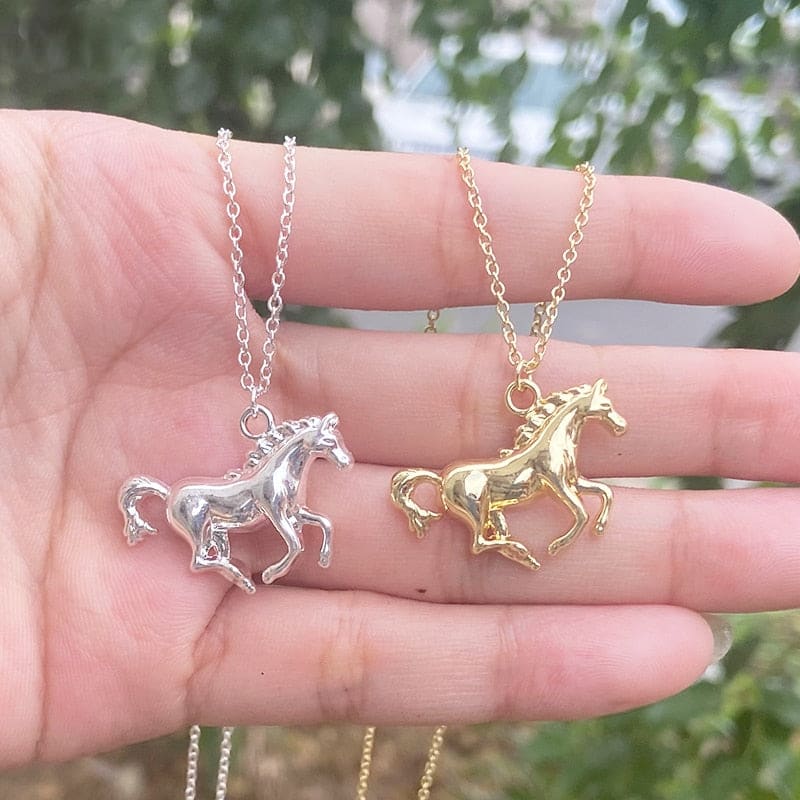
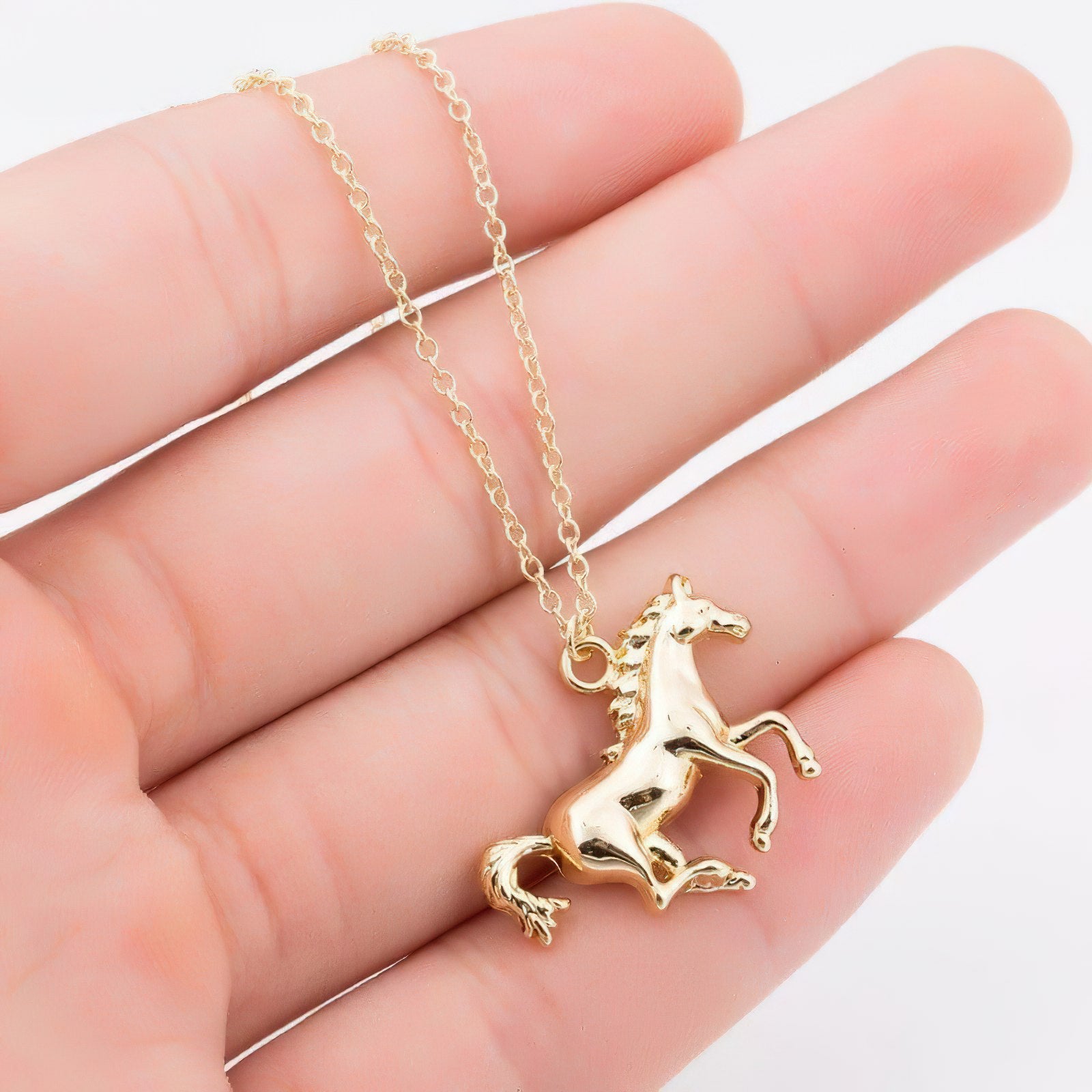
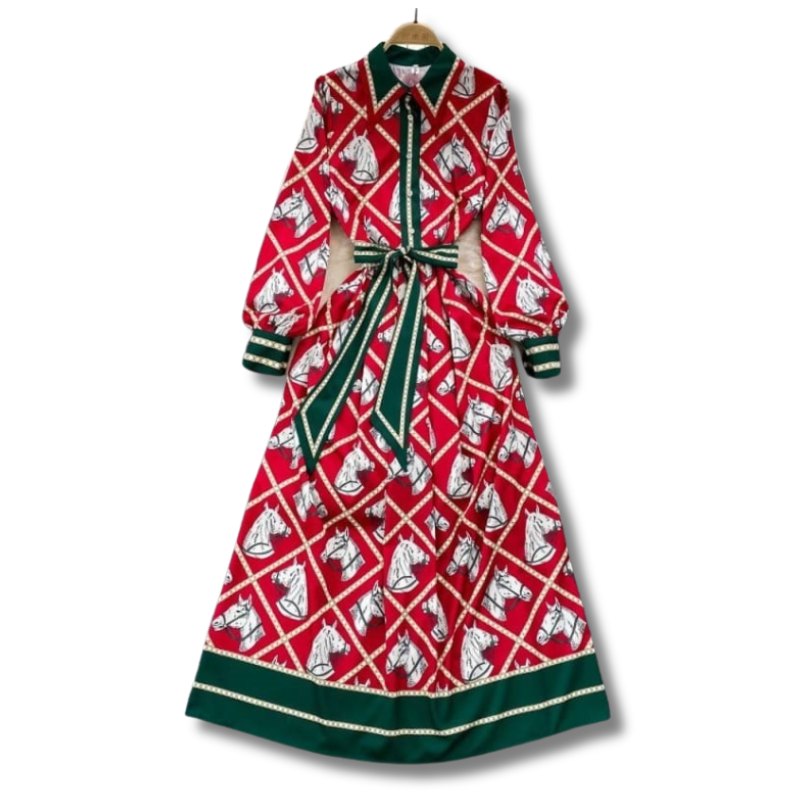

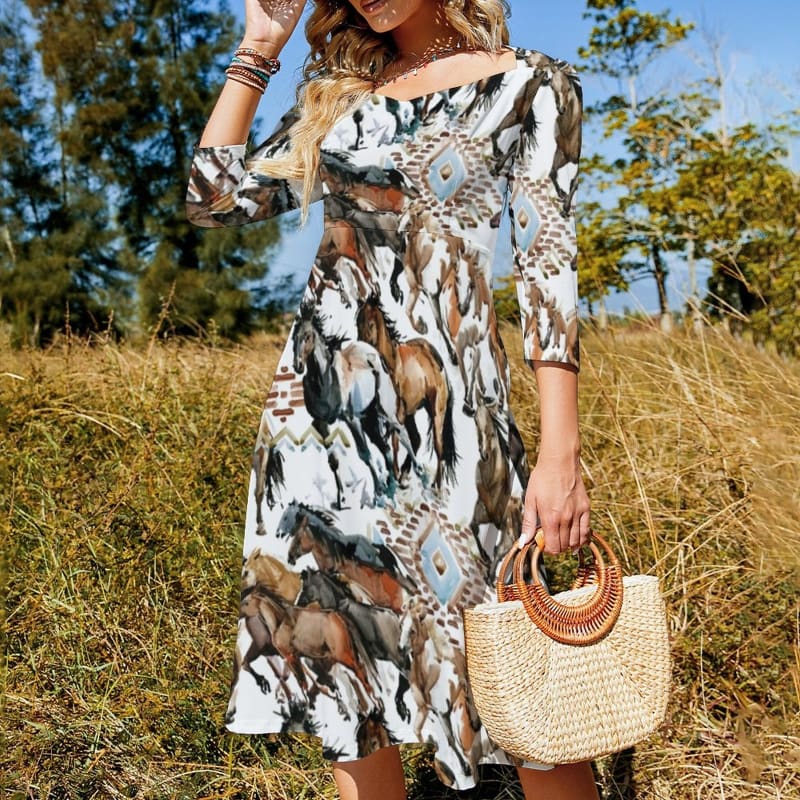



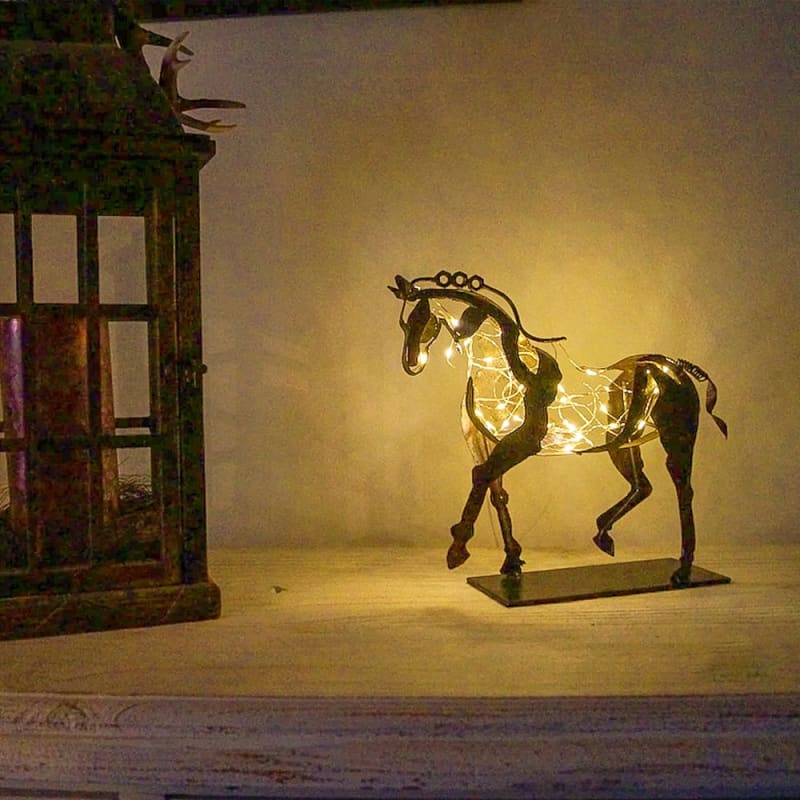



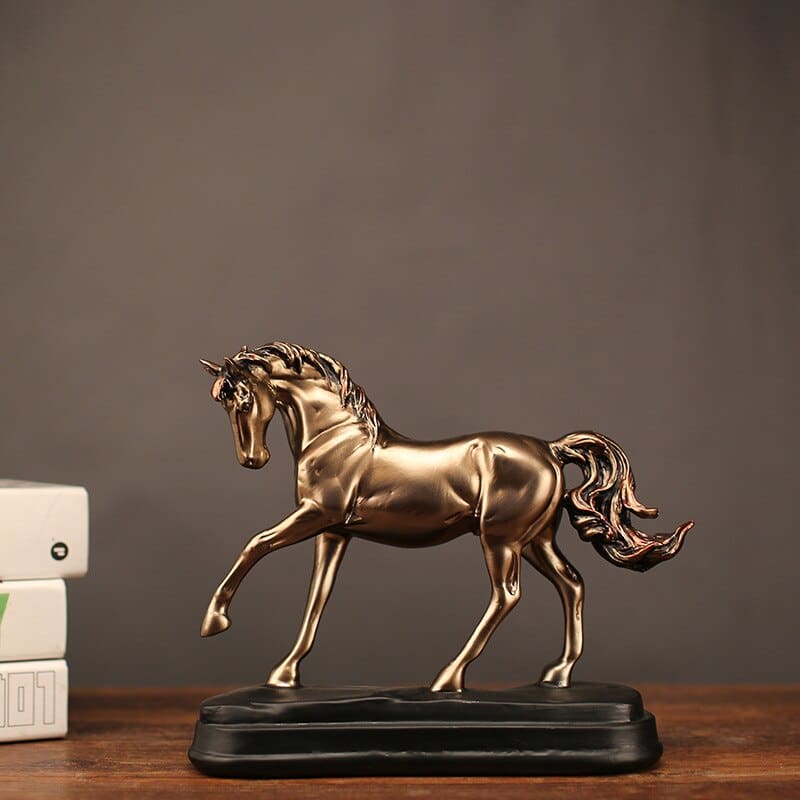
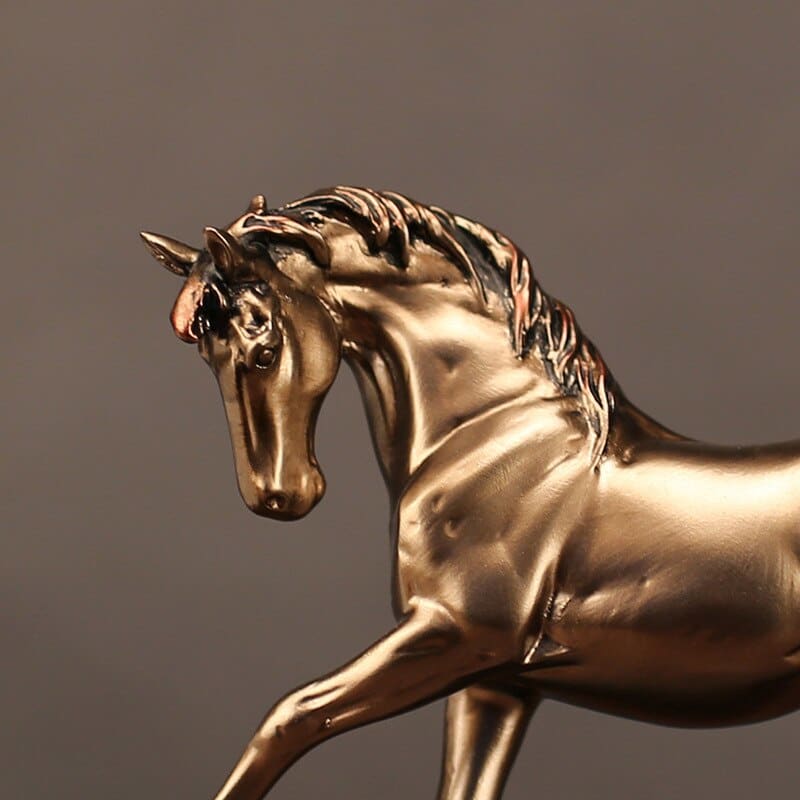
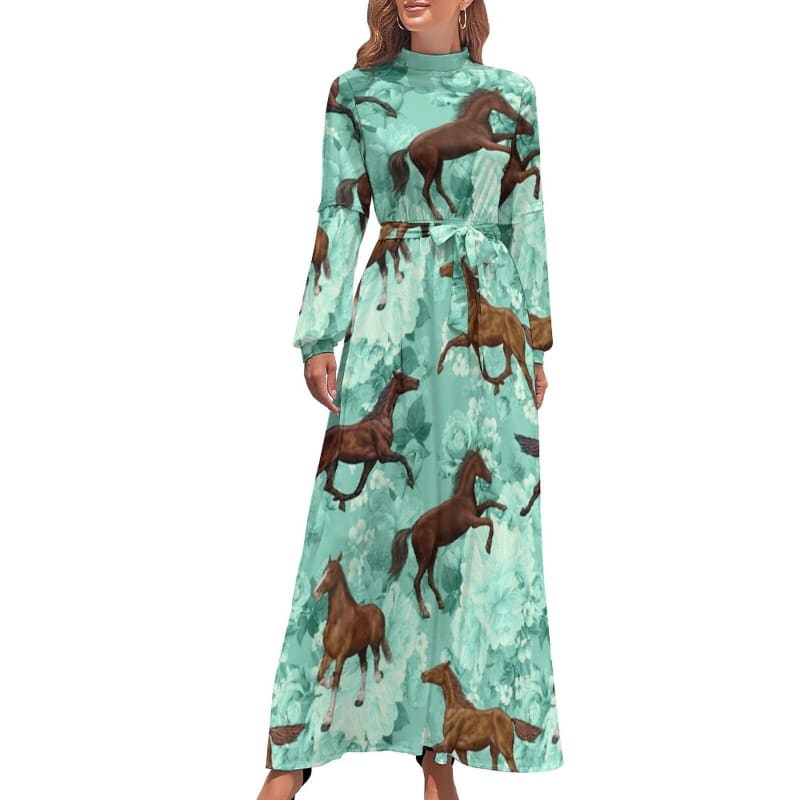
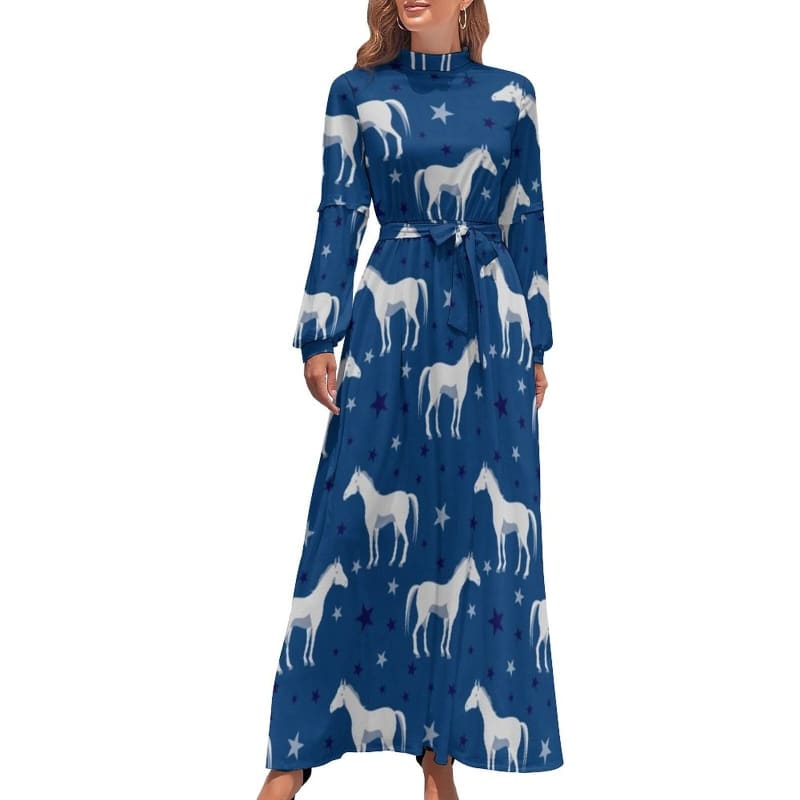
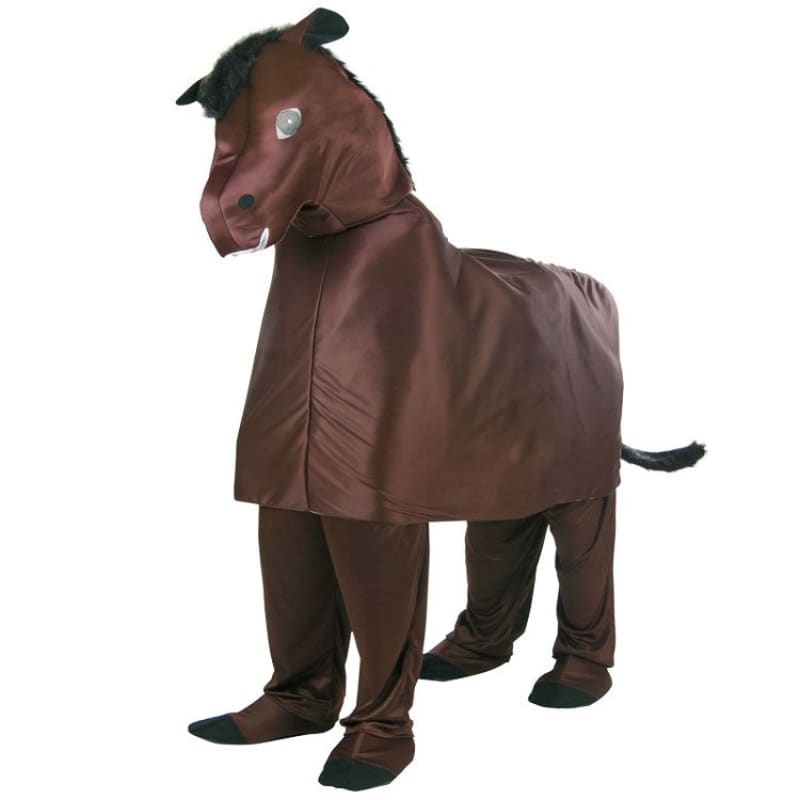
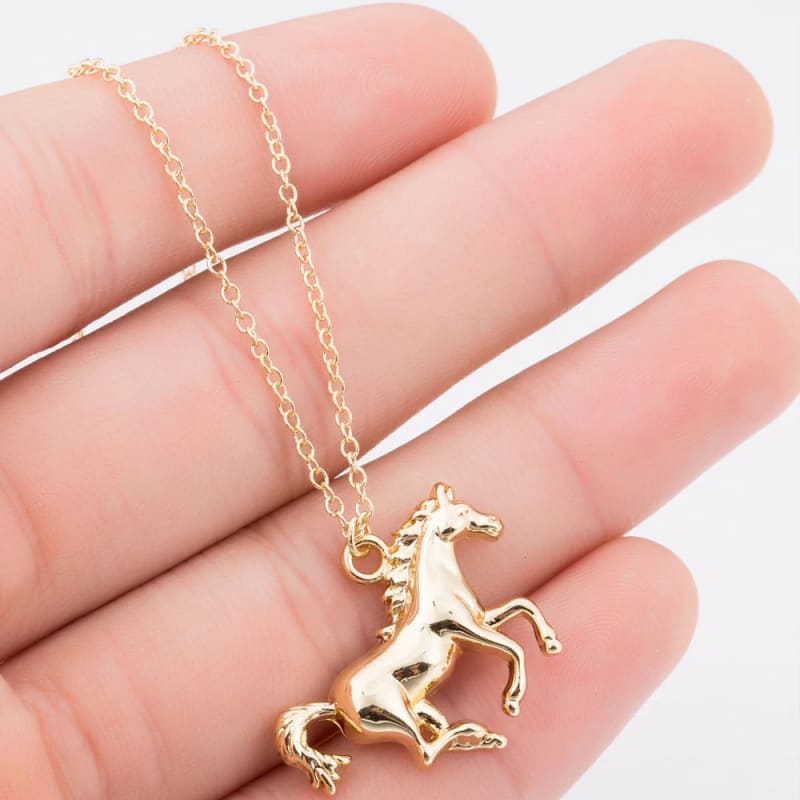
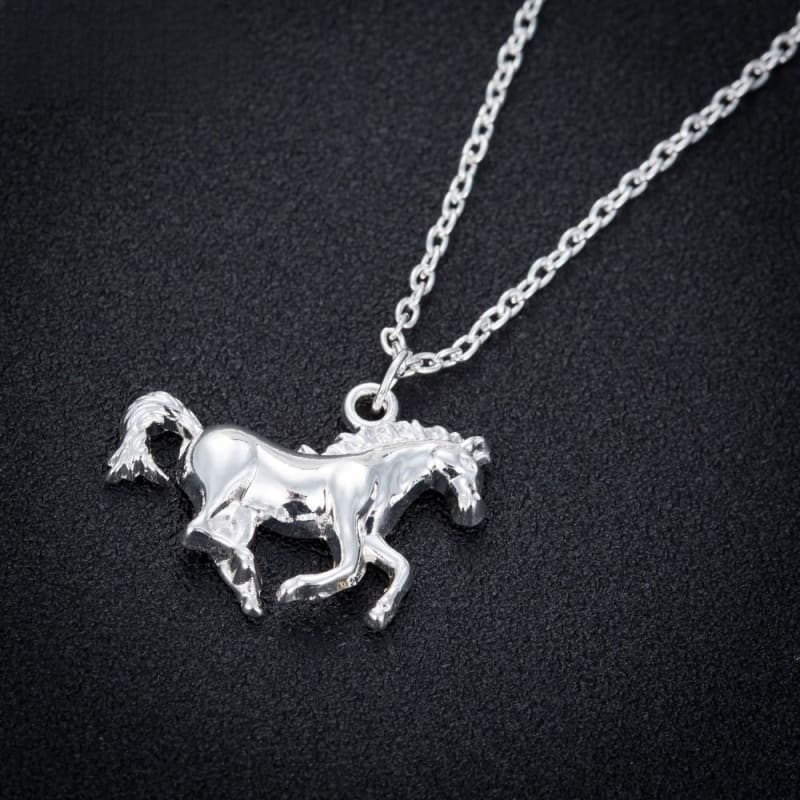
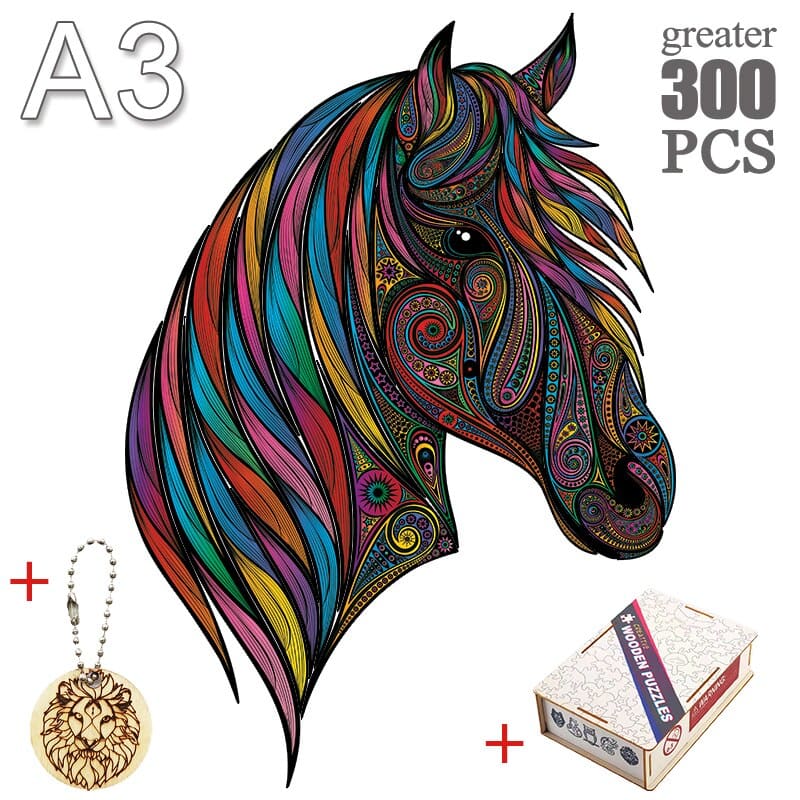

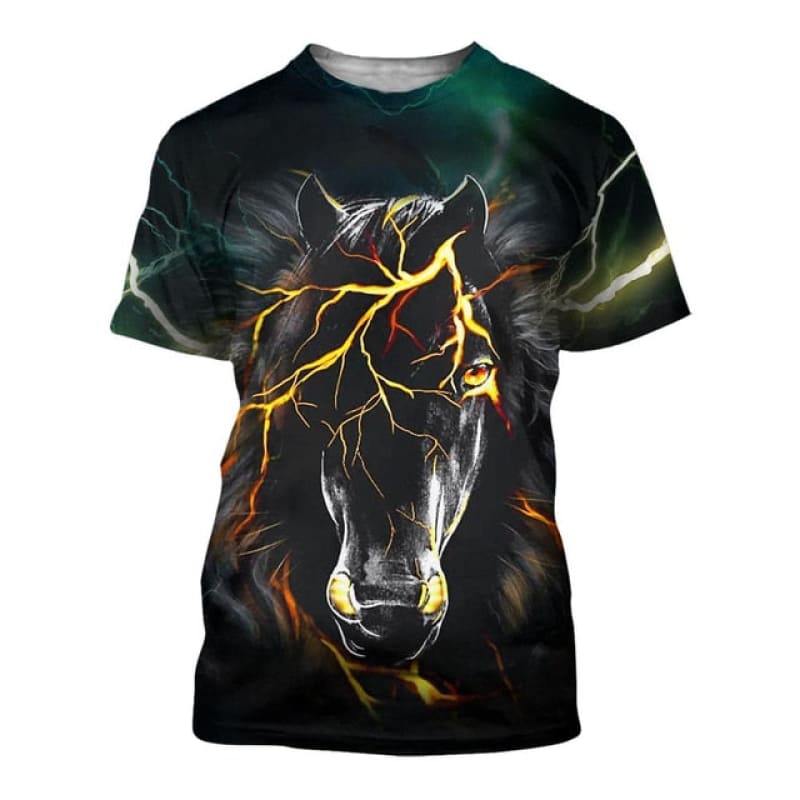
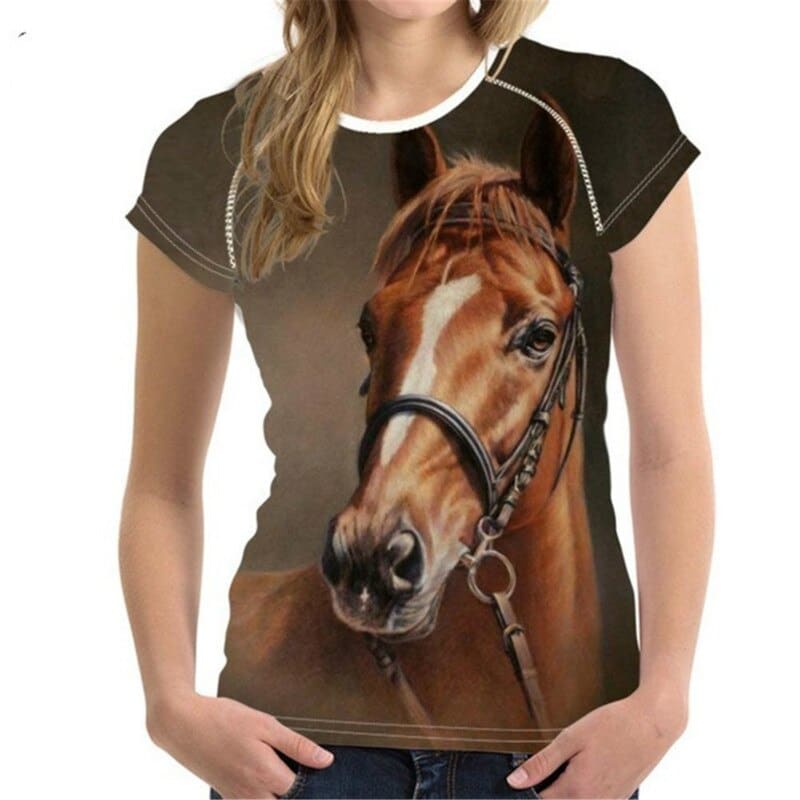
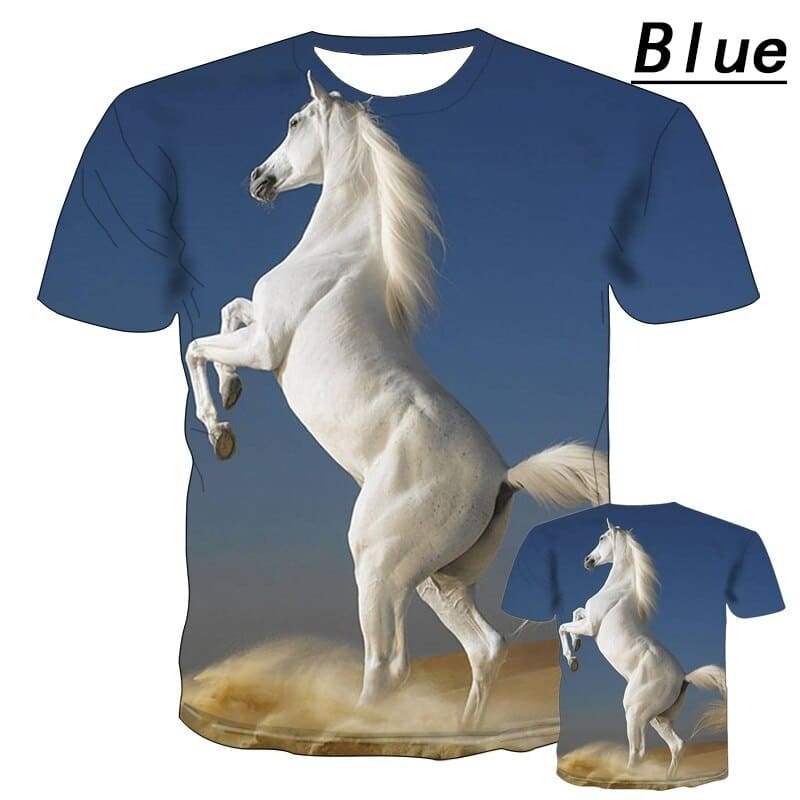
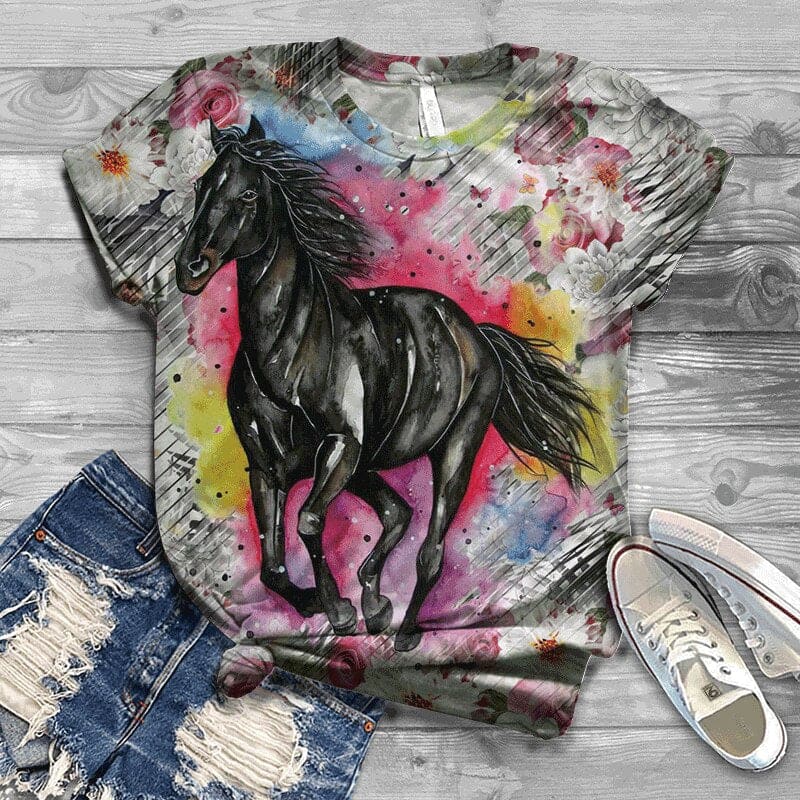
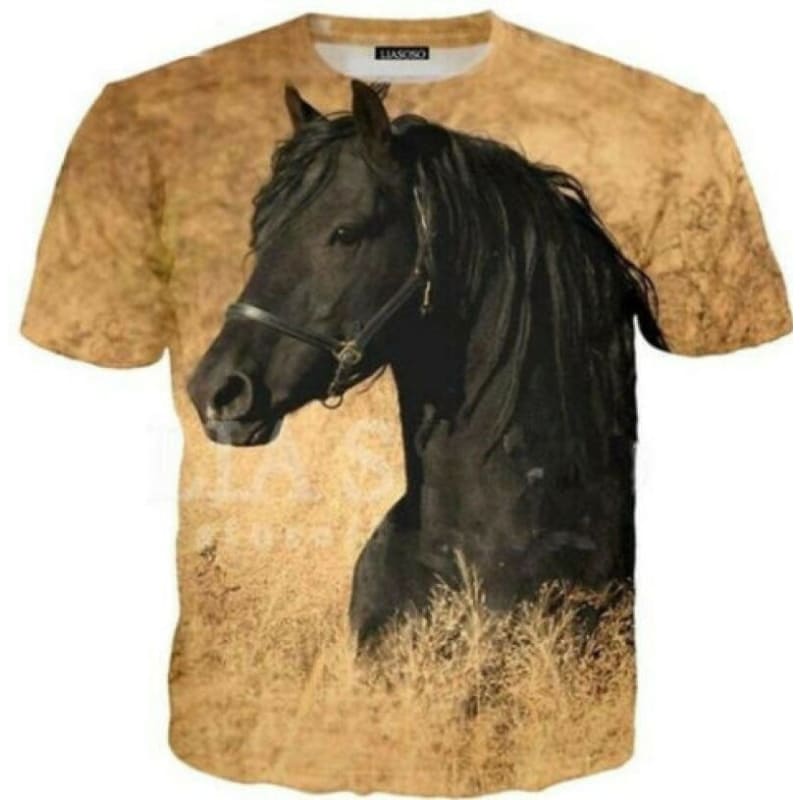
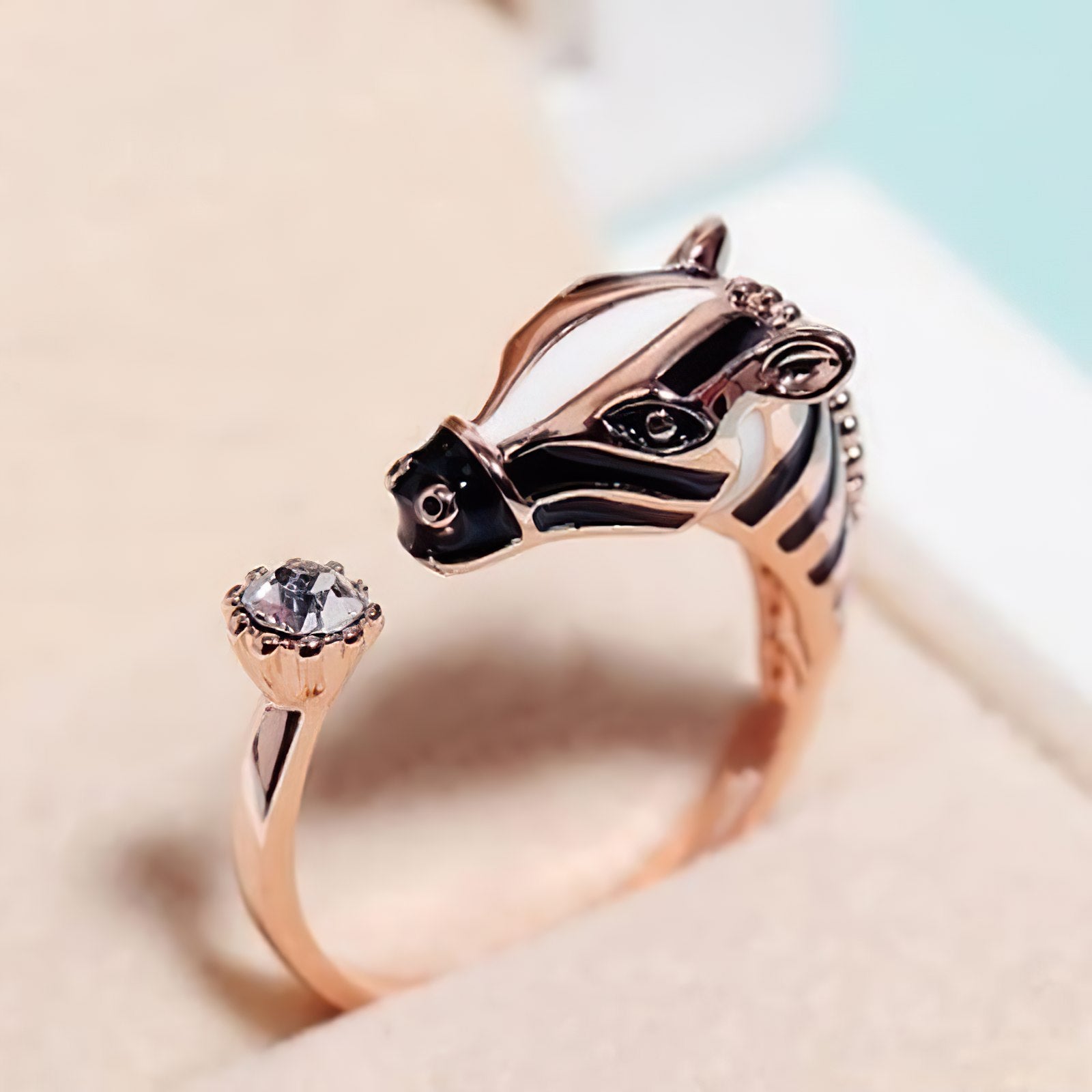


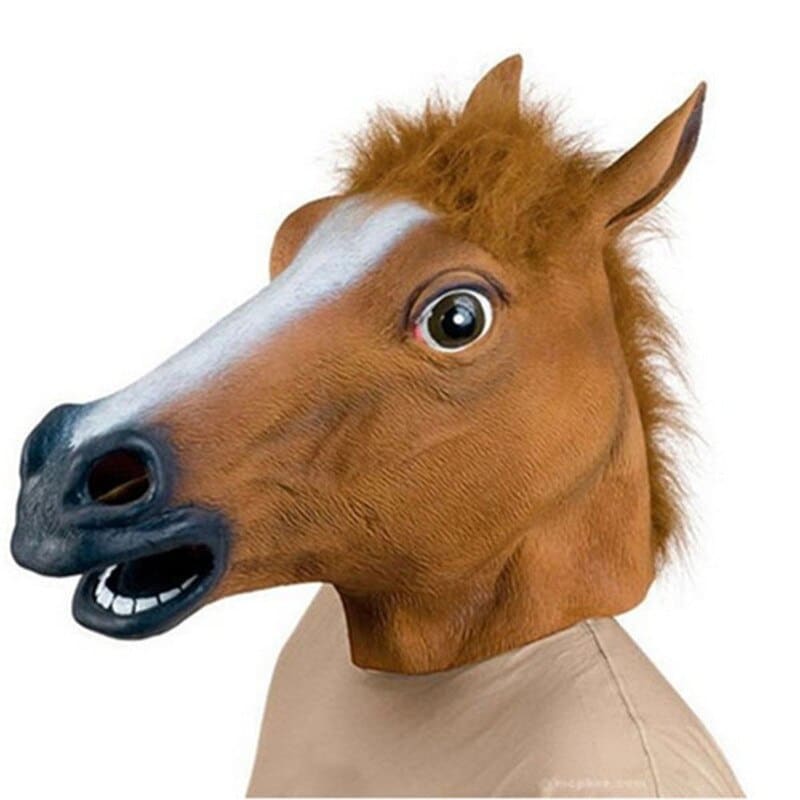

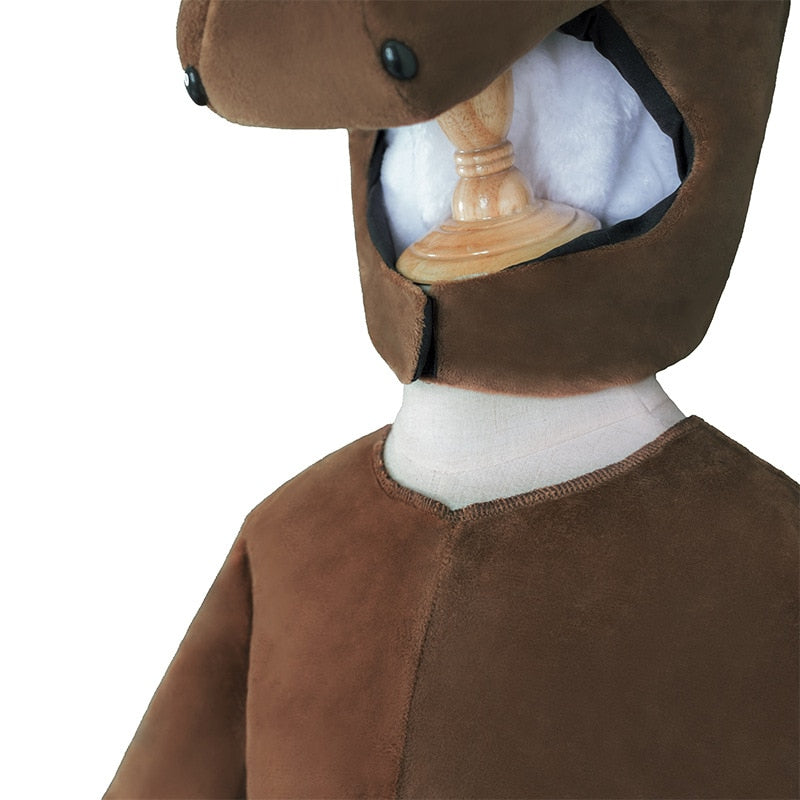
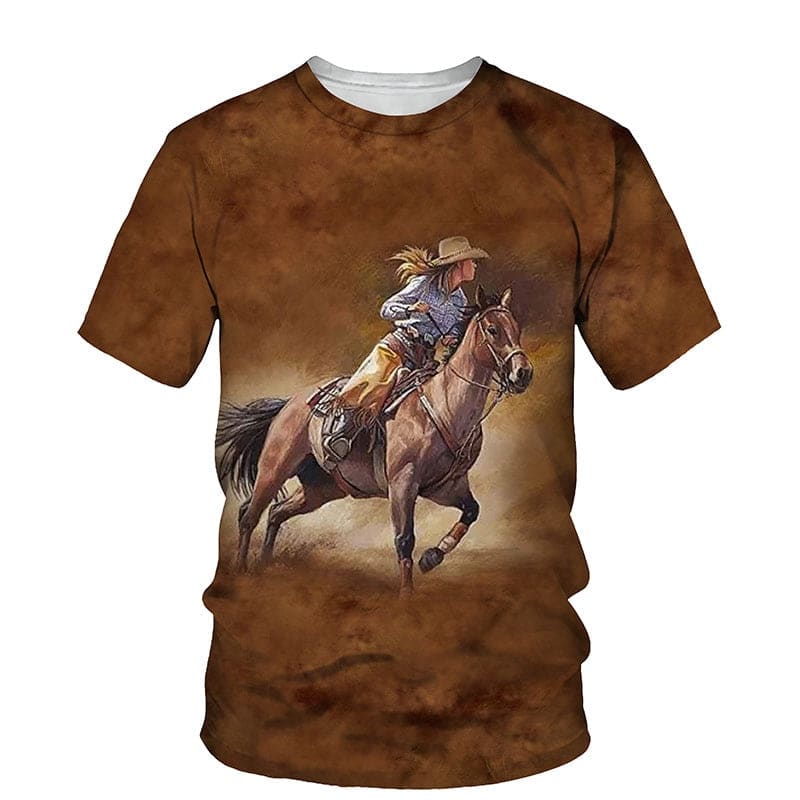







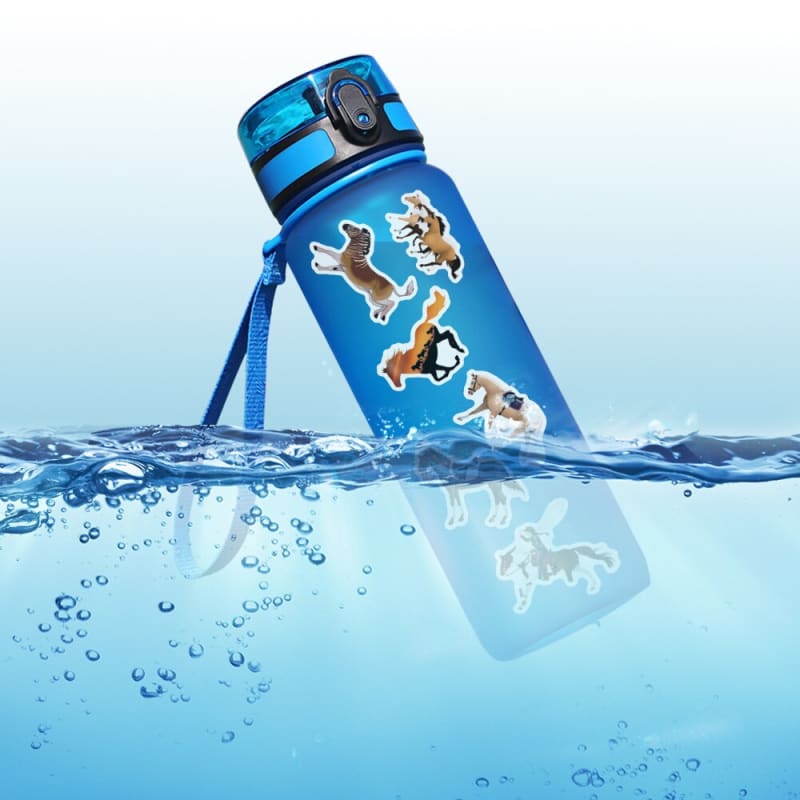
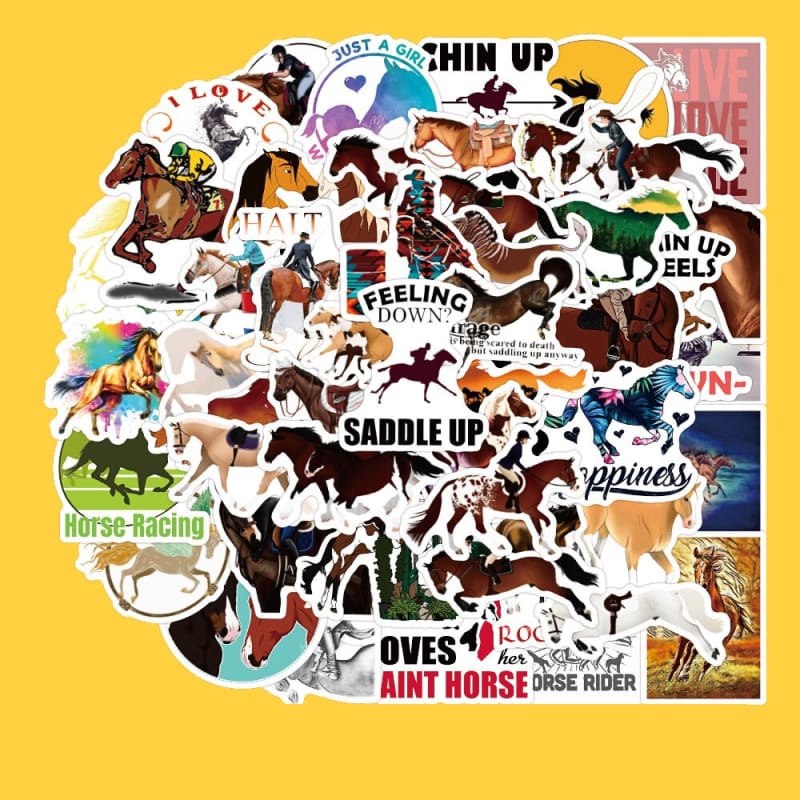

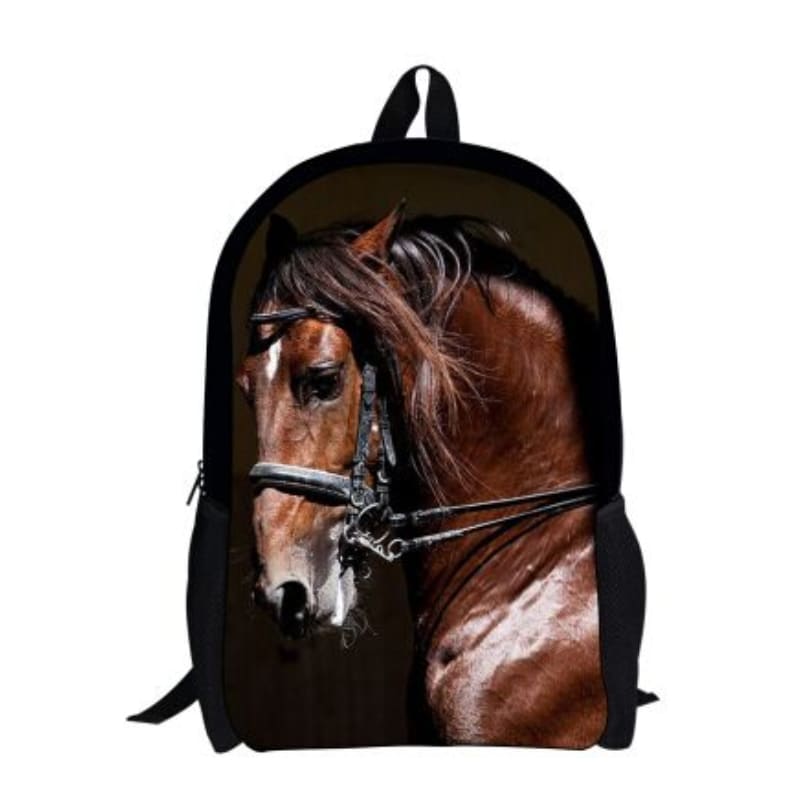
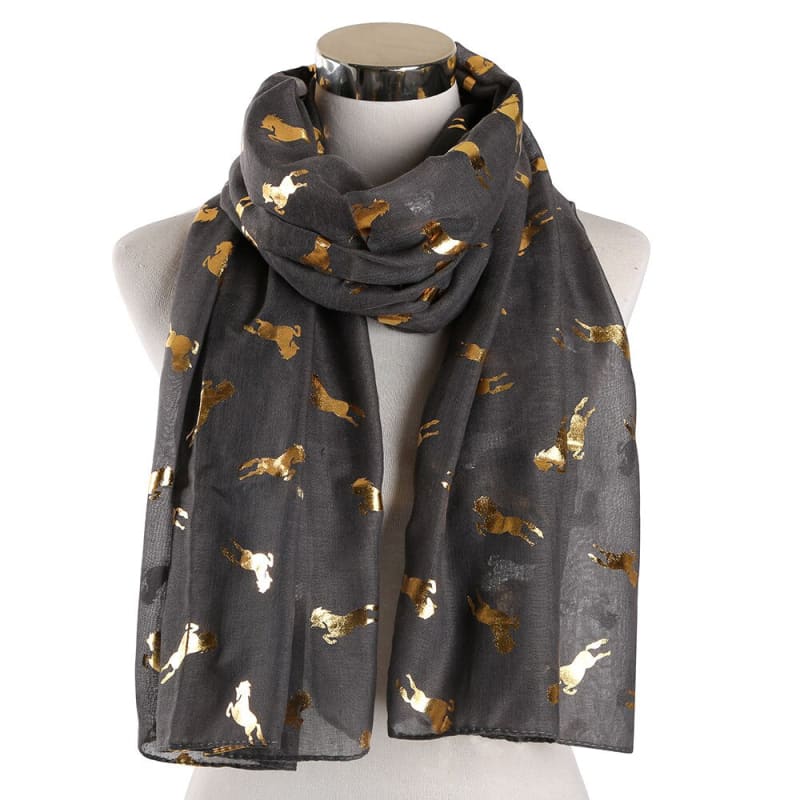
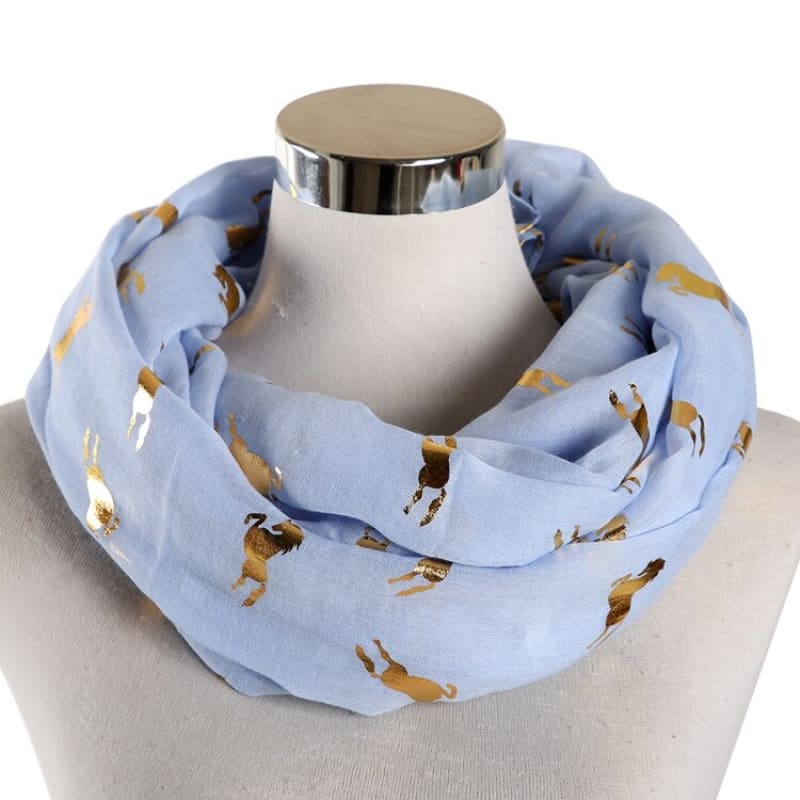

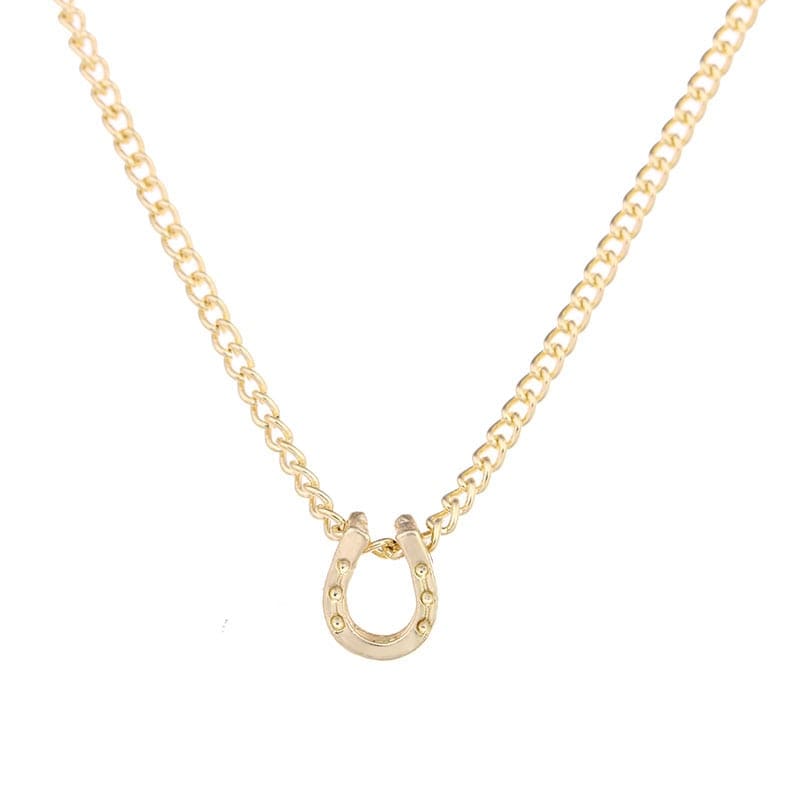
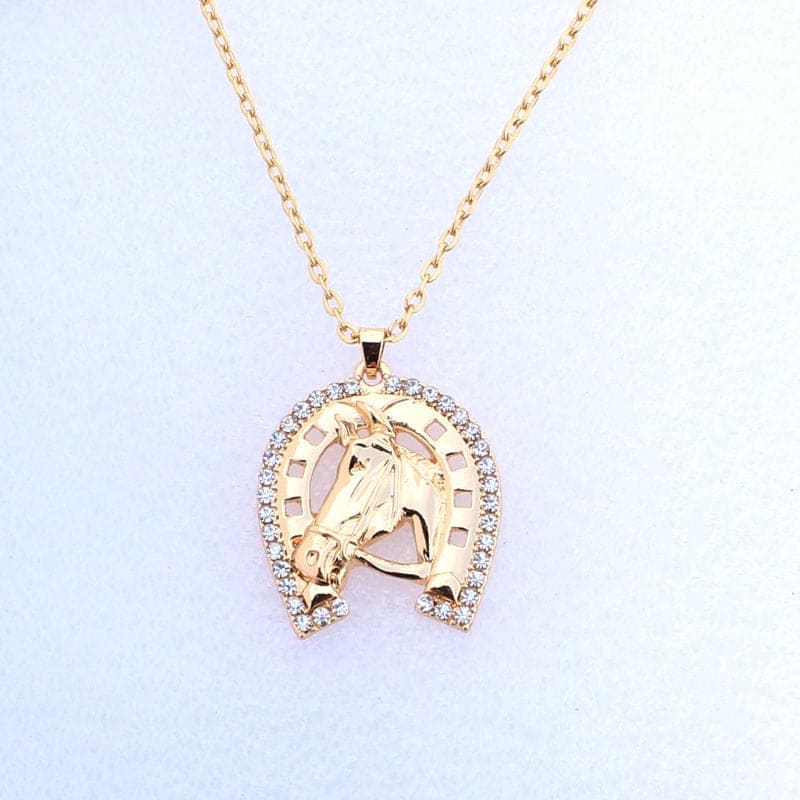
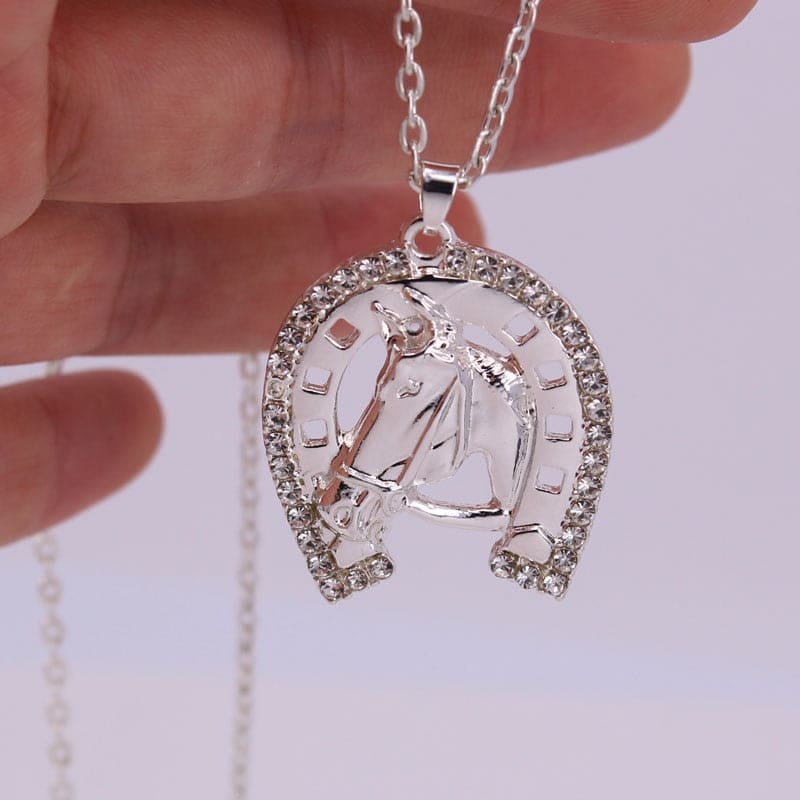
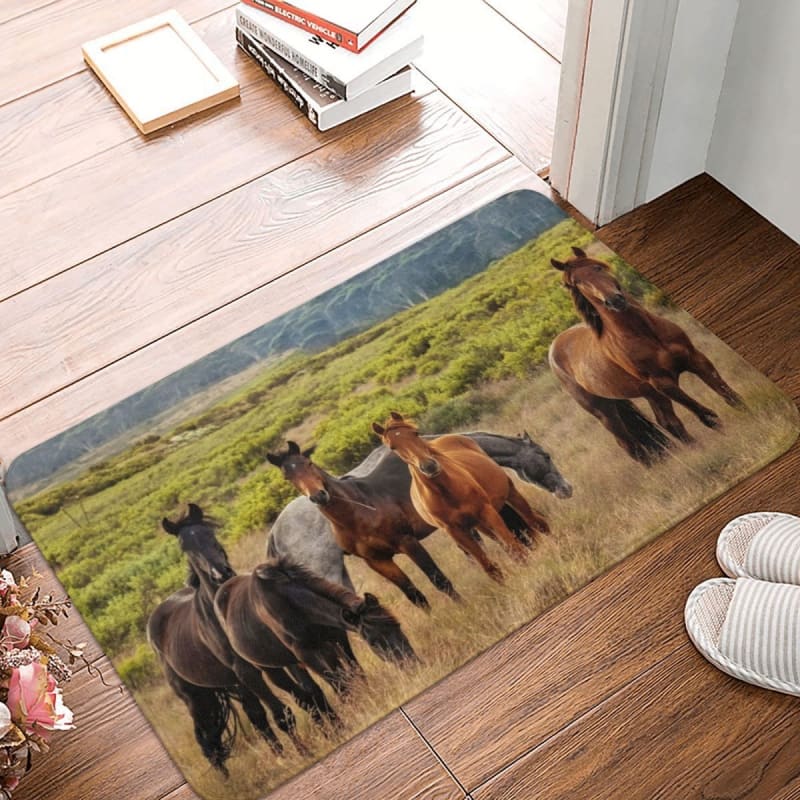


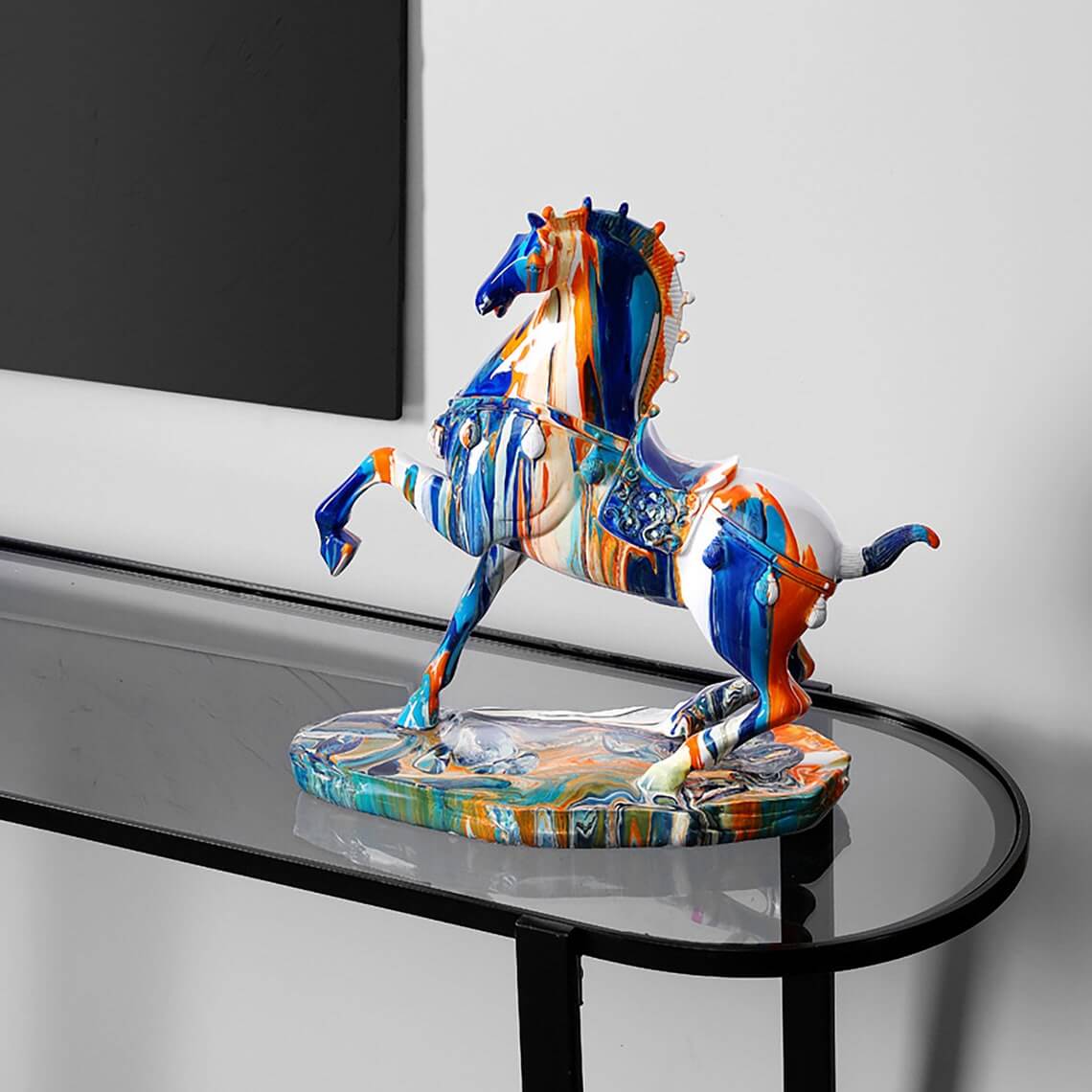


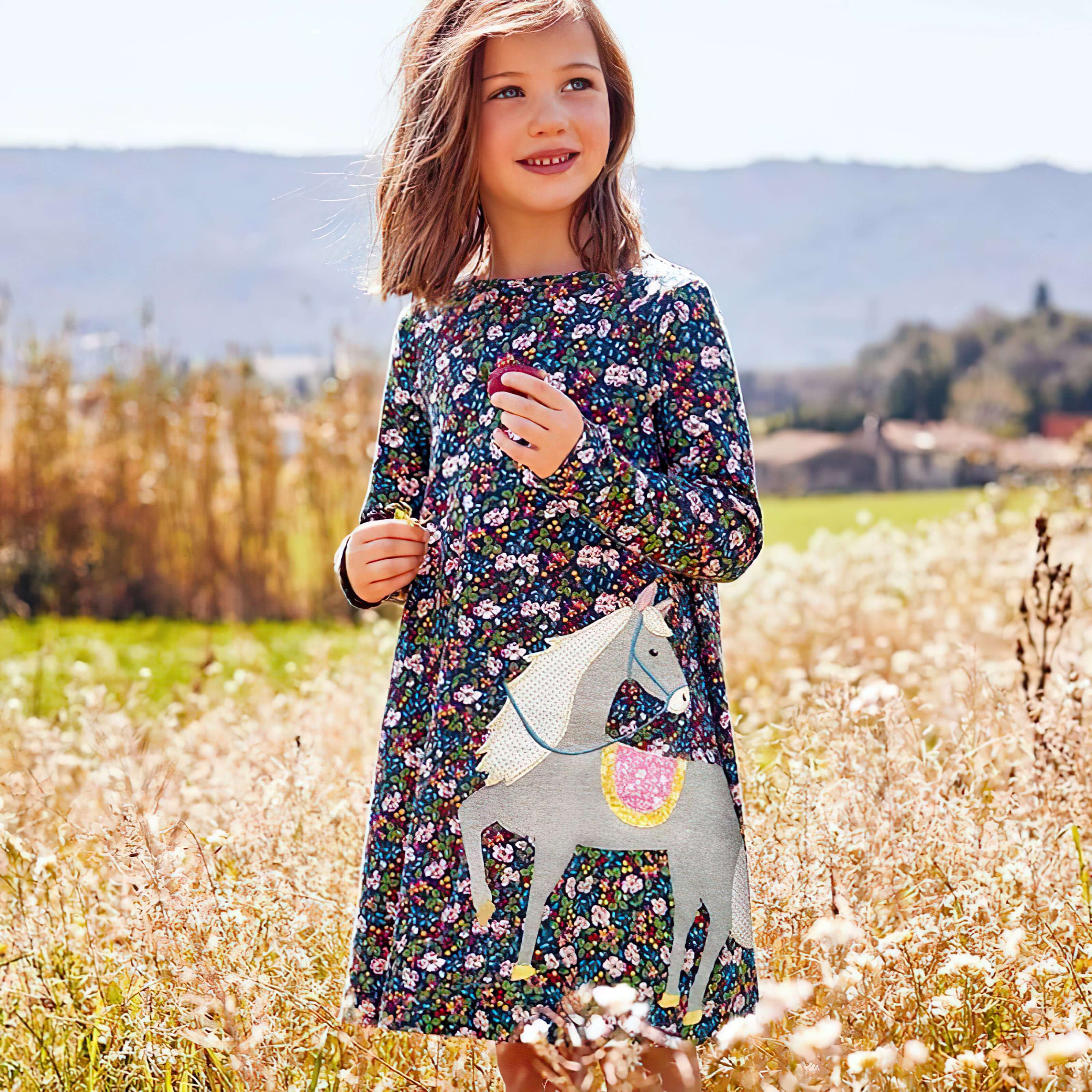
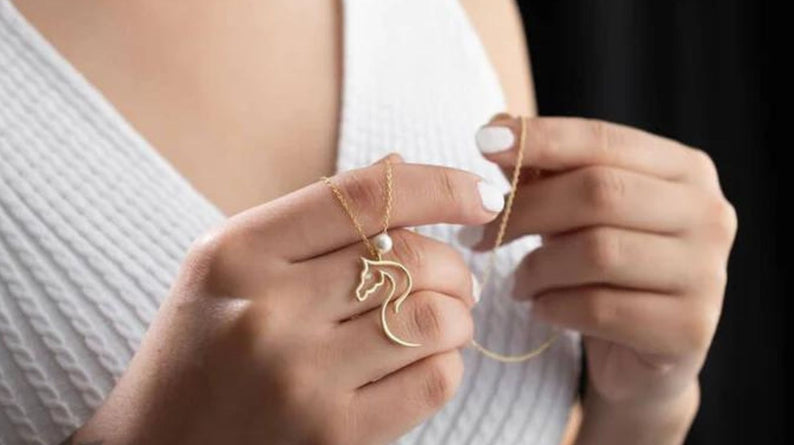
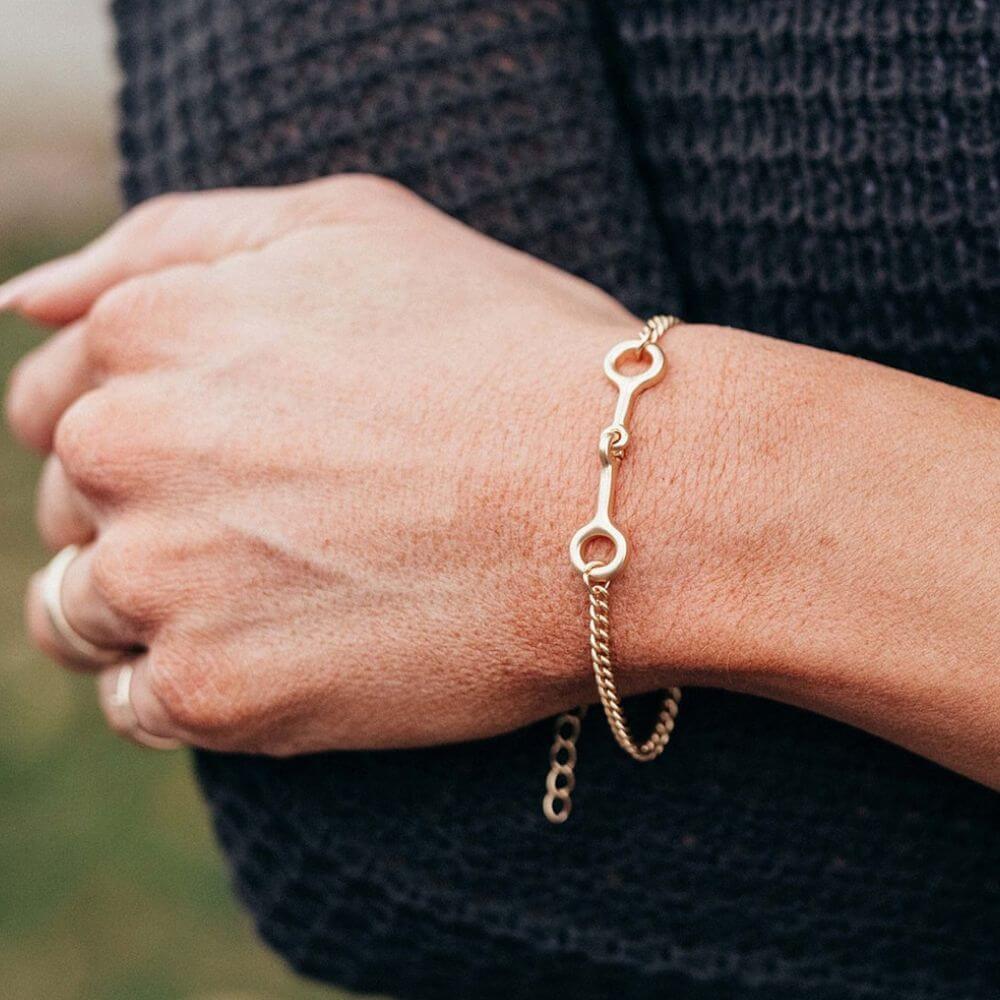
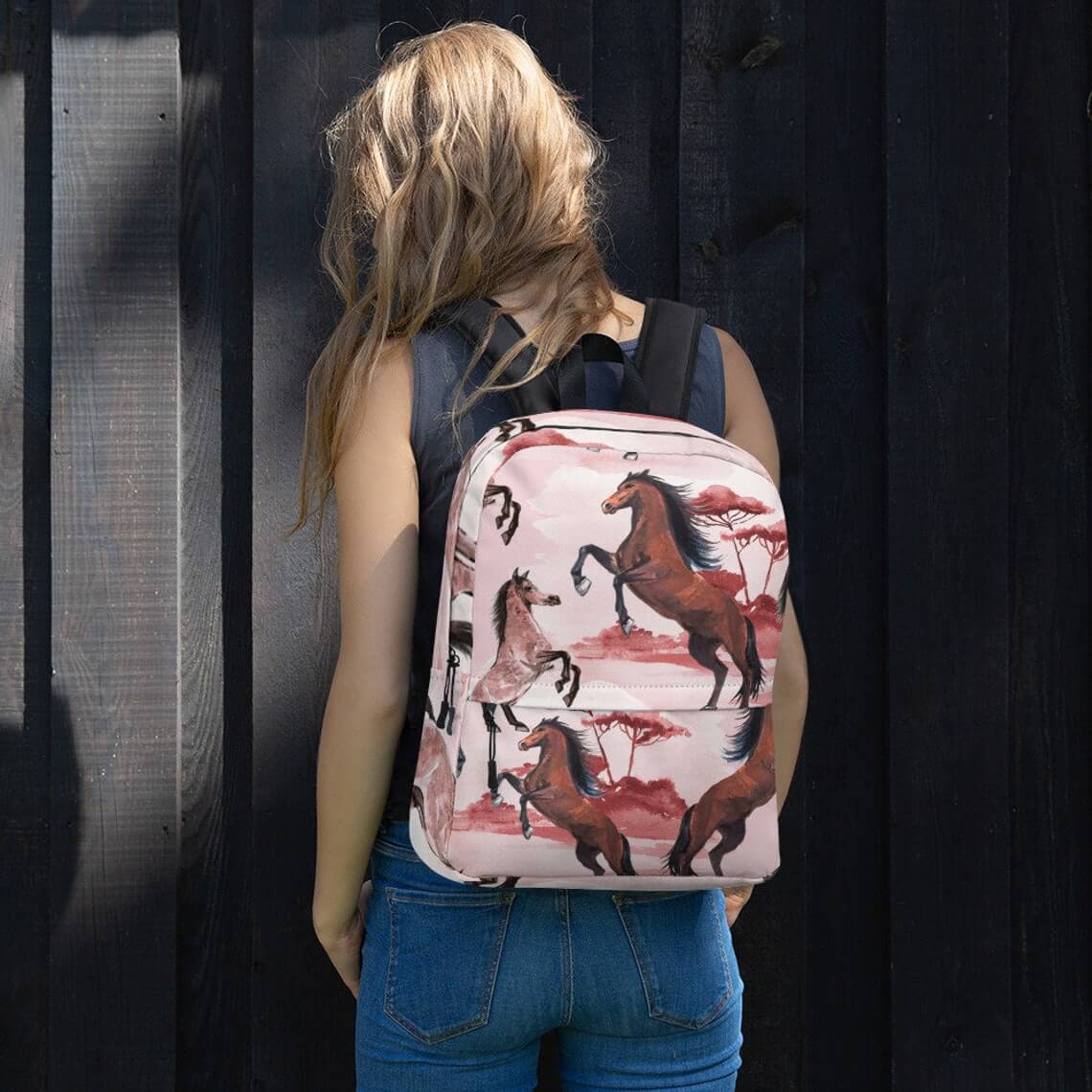
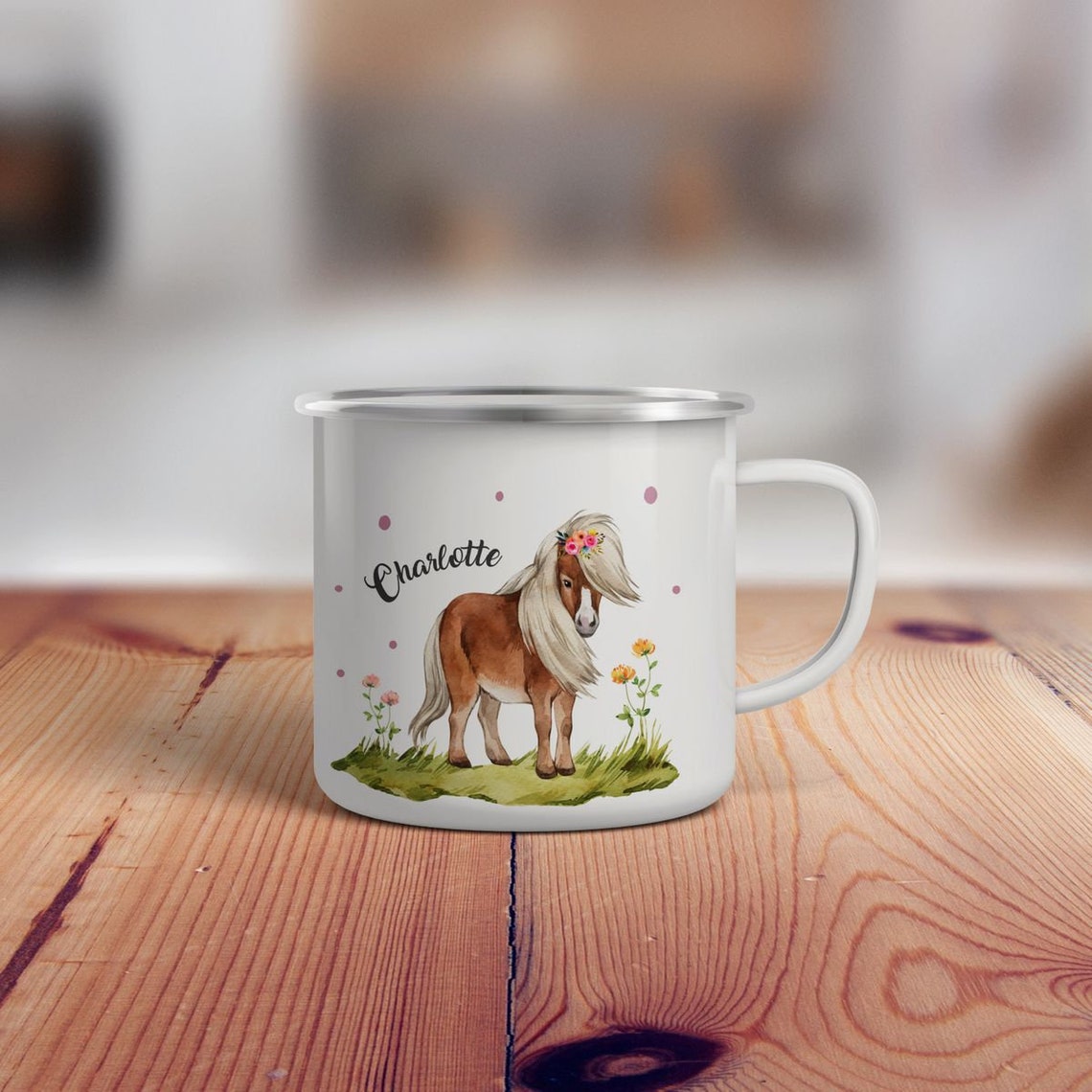
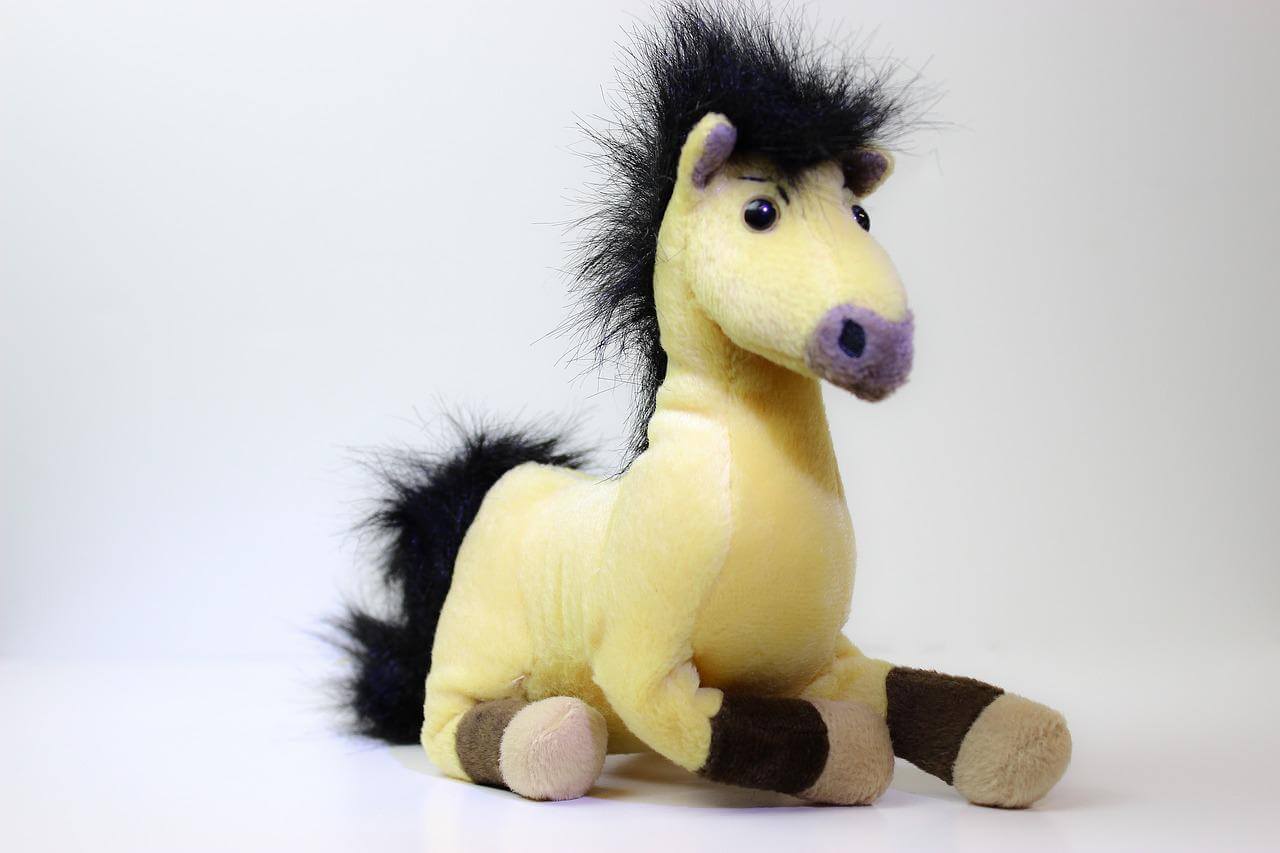
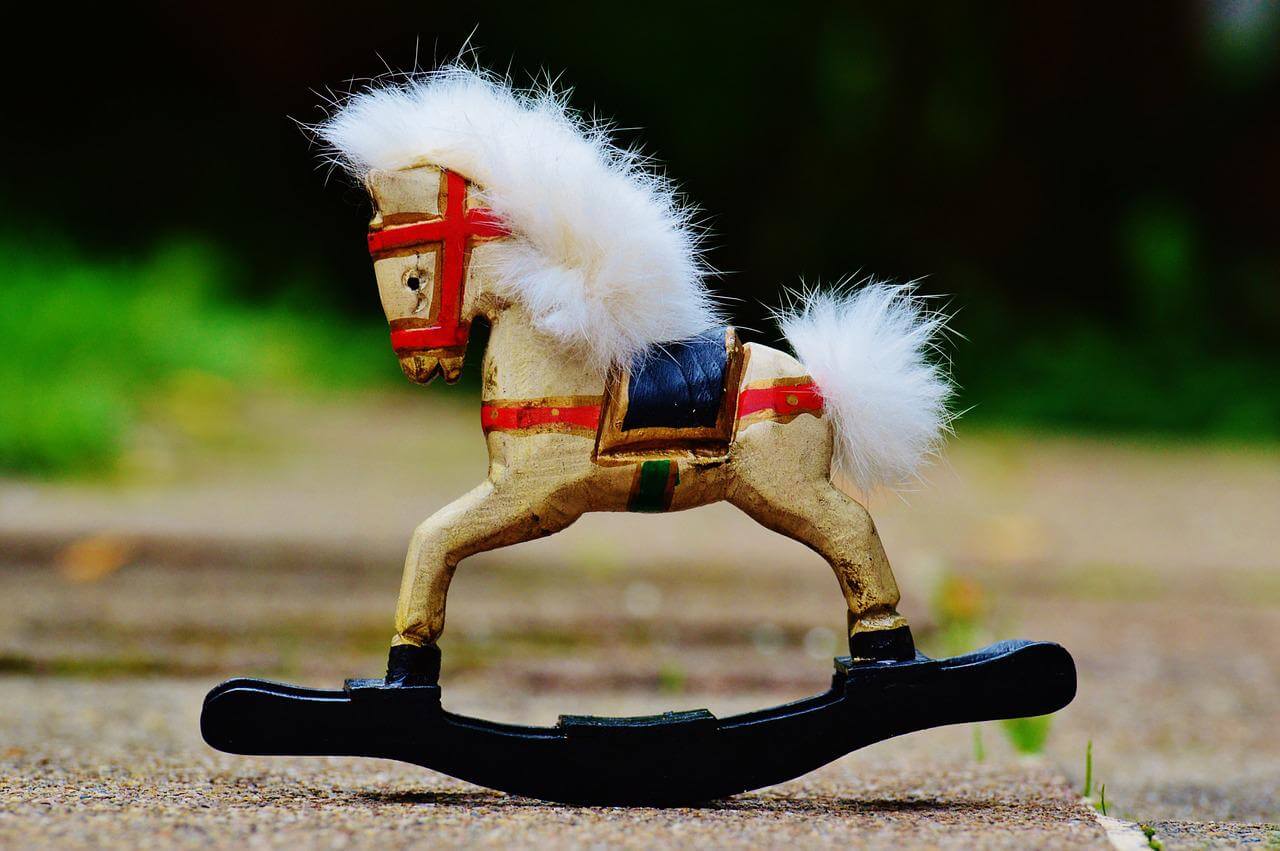
Leave a comment
All comments are moderated before being published.
This site is protected by reCAPTCHA and the Google Privacy Policy and Terms of Service apply.